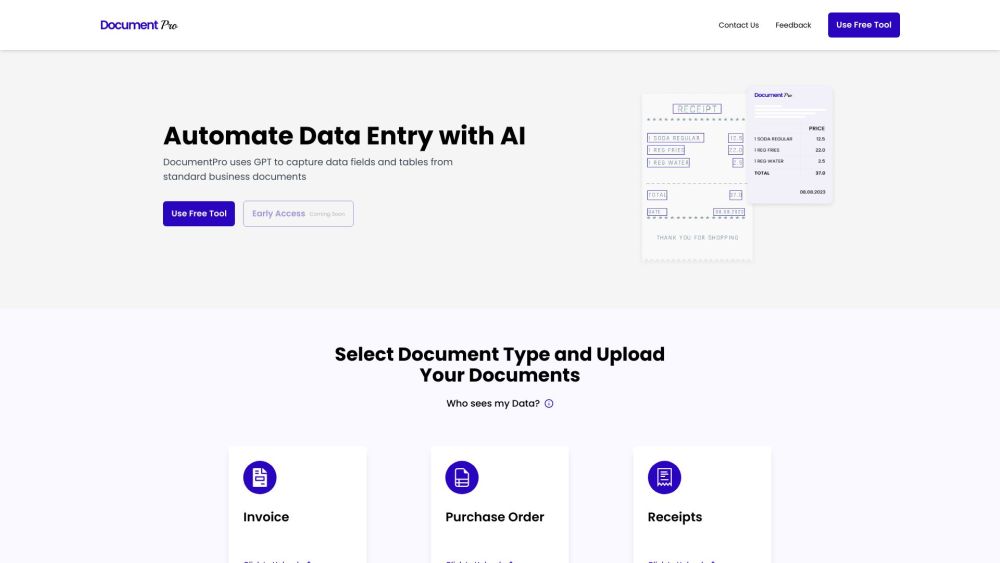The Future of Quantum Computing: Multiverse Computing's Bold Steps Forward
Although we may still be a few years away from the widespread availability of physical quantum computers with scalability and reliability, the advancement in deep tech should not be overlooked. The market for high-level quantum computing, which leverages quantum principles to tackle complex computations in fields like finance and artificial intelligence, is gaining significant momentum.
In a recent milestone, the San Sebastian-based startup, Multiverse Computing, successfully raised €25 million (approximately $27 million) in an equity funding round led by Columbus Venture Partners. This investment values the company at €100 million ($108 million) and will primarily support two initiatives. Multiverse aims to enhance its current operations, collaborating closely with startups across sectors such as manufacturing and finance, while also seeking partnerships with AI firms focused on developing and implementing large language models (LLMs).
As CEO Enrique Lizaso Olmos emphasizes, the core of their pitch is "optimization." As computing technologies advance, running complex computations can become increasingly intricate and costly. Multiverse’s software platform, Singularity, is engineered to optimize and streamline challenging modeling and predictive applications across multiple industries, including finance, manufacturing, energy, cybersecurity, and defense.
In the realm of artificial intelligence, Multiverse is particularly focused on utilizing its platform to streamline the compression of large language models. Its new product, CompactifAI, targets the intricate calculations involved in constructing and querying LLMs, thereby reducing noise and accelerating output reliability.
The company asserts that its API-driven services can compress LLMs "with quantum-inspired tensor networks" by more than 80% while maintaining accuracy—a claim that could significantly impact how businesses approach processor purchases and address one of the industry's major bottlenecks.
Enrique Lizaso Olmos, who presents a polymathic profile, began his career over 30 years ago as a medical doctor, later pursuing degrees in mathematics and computer engineering, culminating in a PhD in biostatistics. He also obtained an MBA, forging connections with like-minded innovators, including Roman Orus and Samuel Mugel, who were already making strides in quantum software research.
"Multiverse started in a WhatsApp group," he recalls with a smile. In 2017, this group engaged in a thought experiment about what could be accomplished using quantum computing in finance. Their ensuing paper was accepted for a conference in Toronto, where its unexpected reputation began to spark entrepreneurial interest. Recognizing the potential, Lizaso Olmos initiated a serious conversation with his partners, leading to the formation of Multiverse Computing.
The initial exploration of quantum computing's applications in finance laid the groundwork for the company’s first commercial venture and accelerated its growth. Since that inception, Multiverse has expanded into various sectors, now serving prominent clients like Moody’s Analytics, Bosch, BASF, Iberdrola, Crédit Agricole, and BBVA. Notably, the industrial and energy sectors, which favor the environmentally friendly aspects of efficient computing, now represent a larger share of the company's business than finance.
In addition to Columbus Venture Partners, previous investor Quantonation Ventures participated in the round, joined by new backers such as the European Innovation Council Fund, Redstone QAI Quantum Fund, and Indi Partners.
“Multiverse’s exceptional team is well-positioned to extend their unmatched capabilities into the life sciences and biotechnology sectors, with Columbus Venture Partners assisting in identifying unmet market needs and high-profile industrial partners,” stated Javier García, a partner at Columbus Venture Partners.
While Multiverse's targeted approach has resonated well with clients, it remains to be seen how its strategy to engage with deep tech and AI companies will unfold. Competitors in this space include notable players such as the Alphabet spinout Sandbox AQ, Quantum Motion, and Classiq.




